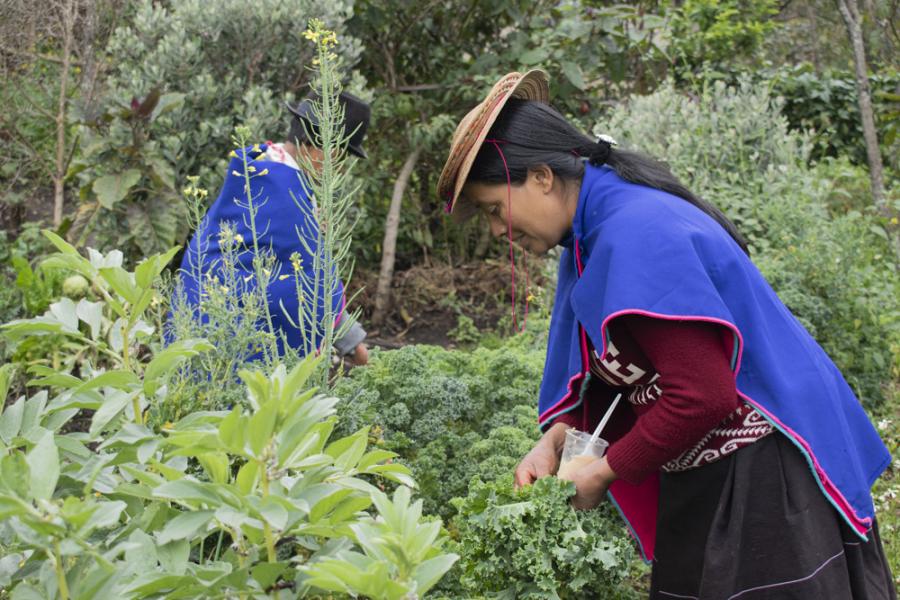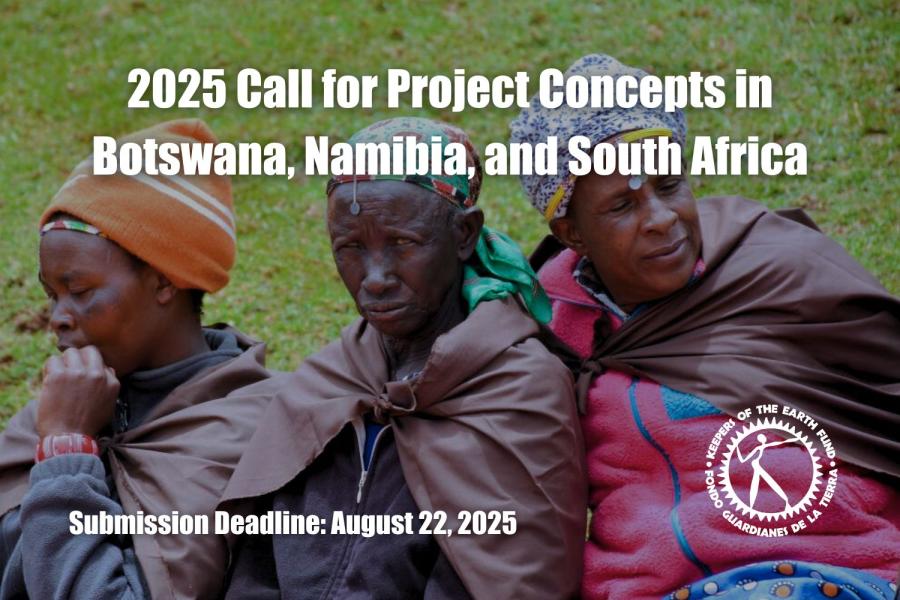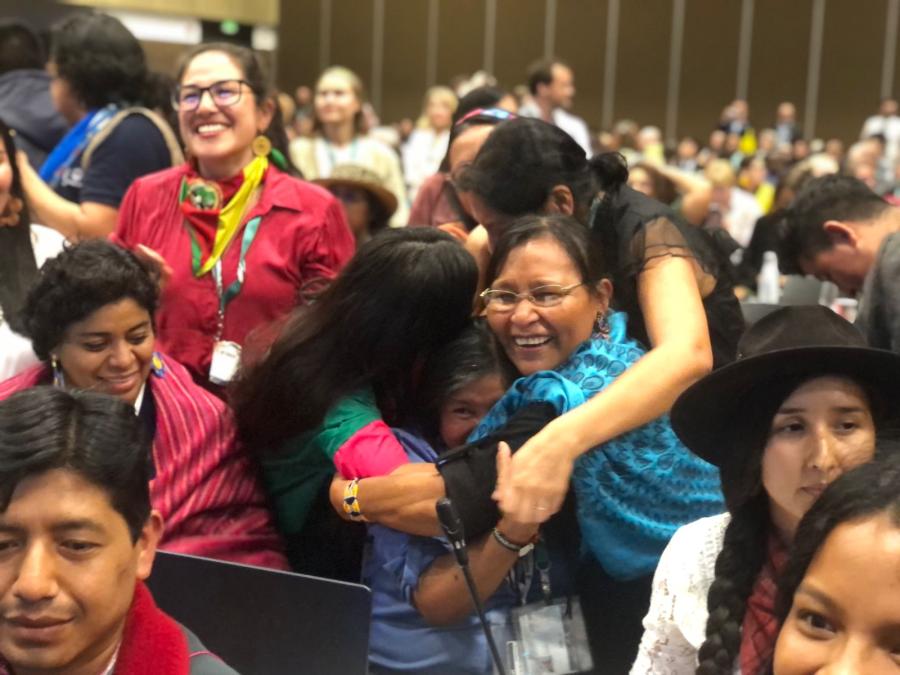
By Patricia Wattimena
Asia is currently seeing unprecedented economic growth averaging at 4.5 percent for the last 25 years. China reached annual growth of 6.9 percent in 2017 and India reached 8.2 percent in the first half of 2018 making the two countries the main drivers of Asia economy. At the same time, the region remains home to around 560 million people living in poverty, of which 76 percent are marginalized groups including Indigenous Peoples. Implementation of development initiatives focusing merely on economic growth of certain privileged sections of society at the expense of Indigenous Peoples and the environment is a growing concern in Asia.
Sustainable Development Goals (SDGs) adopted by the United Nations in 2015 explicitly recognized the failure of such development approach further causing rapidly widening inequality gaps, hunger and extreme poverty as well as fueling gender based discrimination and violence, and the countries worldwide committed to address these issues and aim to achieve sustainable development by 2030.
Poverty issues faced by Indigenous Peoples in Asia are multidimensional; aggravated by greater development aggression in the form of land and territorial grabbing. Many development initiatives are implemented by States and private actors directed against the human rights of Indigenous Peoples and environmental sustainability.
All of which are exacerbated by the increasing corporate capture supported by various free trade agreements including the Regional Comprehensive Economic Partnership (RCEP). Similar to other trade agreements, RCEP significantly reduces tariffs for agricultural products, which has severe impacts on Indigenous farmers in the country as they are unable to compete with cheaper imported goods. In the case of Thailand for example, as documented by Foundation for Women and the Asia Pacific Forum on Women, Law and Development (APWLD) in their People’s Development Justice report, the country is currently signing and negotiating 22 trade agreements, including RCEP. This trend of neoliberal economic globalization has been threatening food sovereignty of Indigenous Peoples and making many developing countries in Asia more and more dependent on imported agricultural goods.
Meanwhile, there has been a rise of authoritarian governments and militarization of Indigenous territories in the region. Under Duterte regime, the Philippines is currently the deadliest country in Asia for land and environmental defenders, many of whom are Indigenous. At least 63 killings have been documented by human rights watchdog KARAPATAN in 2017. The number of killings increased to more than double the recorded number in 2016.
Those targeted have mainly come from movements resisting pseudo-developmental projects in their area. Additionally, Chittagong Hill Tracts, home to 11 Indigenous Peoples in Bangladesh, has been one of the most militarized territory in the world despite its 1997 peace accord.
The SDGs is envisaged as a global tool to help guiding countries to overcome systemic and structural barriers to achieve sustainable development. However, the situation of Indigenous communities is often lumped with national average, making data disaggregation based on ethnicity a pivotal factor to identify and implement effective measures to materialize sustainable development for Indigenous Peoples.
Dearth of data disaggregation by ethnicity harming Indigenous Peoples and worsening their situation was already a blunder of the Millennium Development Goals (MDGs). While many Asian countries claimed to have achieved significant progress through MDGs implementation, Indigenous Peoples have been sorely left behind. In Vietnam, Indigenous Peoples constitute 14 precent of the national population but are 56 percent of the country’s poor. In Malaysia, while national average for child mortality rates is 8 per 1000 live births, Indigenous Peoples in the country continue to experience 22 child mortalities per 1000 live births.
Effective implementation of the SDGs for Indigenous Peoples is furthermore hindered by the absence or lack of national laws and policies recognizing and protecting their rights as guaranteed by the United Nations Declaration on the Rights of Indigenous Peoples (UNDRIP). Indigenous Peoples’ Rights Bill (RUU PPHMA) in Indonesia has not been enacted despite being included in the priority list of the national legislation program since 2011.
In many Asian countries, rights of Indigenous Peoples are recognized by international human rights instruments yet these same standards are increasingly contested and violated by governments and private sector. Their rights are further undermined by contradictory laws and policies criminalizing Indigenous communities, causing conflicts, depriving them of their lands and territories. Implementation of ILO Convention 169 on Indigenous and Tribal Peoples at national level remains a significant challenge, even in the case of Nepal, the only Asian country that has ratified the 1989 Convention.
Fulfillment of their right to self-determined development is a precondition for Indigenous Peoples to effectively contribute to the realization of sustainable development. Their collective rights, including the right to Free, Prior and Informed Consent (FPIC) has to be ensured. Particularly for Indigenous women who are disproportionately affected by development aggression. Their FPIC has to also be obtained within their own community, to ensure that genuine participation of Indigenous women is in place and their voices are heard at every level of both internal and external decision making processes.
Indigenous Peoples are evicted, murdered and deprived of their territories to give way to ‘development’, quite often accompanied by massive environmental destruction. Development for whom then? We are living in a world where inequality is growing at an alarming rate and the richest one percent are predicted to own two-thirds of the world’s wealth by 2030, if the current development system supporting capitalism and neoliberal economy continues. Our world, threatened by extreme change of climate causing drought, floods, food scarcity is pushing hundreds of millions of Indigenous Peoples into extreme poverty. The situation will only get worse from here if development continues on this business as usual track.
Development needs to be redefined along different lines. Fundamentally, should it not bring justice to those who need it most, instead of causing bloodshed and environmental destruction? Seemingly basic assumptions that so often go unchecked. More than ever, we are seeing Asia as a central region that will shape the globe’s political and economic design for the indefinite future. And yet we stare at the disastrous ‘development’ wrought upon its people. For Indigenous Peoples, comprehensive implementation of the UNDRIP is prerequisite to progress towards sustainable development. The term development itself deserves better. It deserves to be upheld by those who would defend human rights and not surrender it to the market driven forces that seek profit at the expense of our future.
-- Patricia Miranda Wattimena is the former advocacy coordinator at Asia Indigenous Peoples Pact in Thailand.



